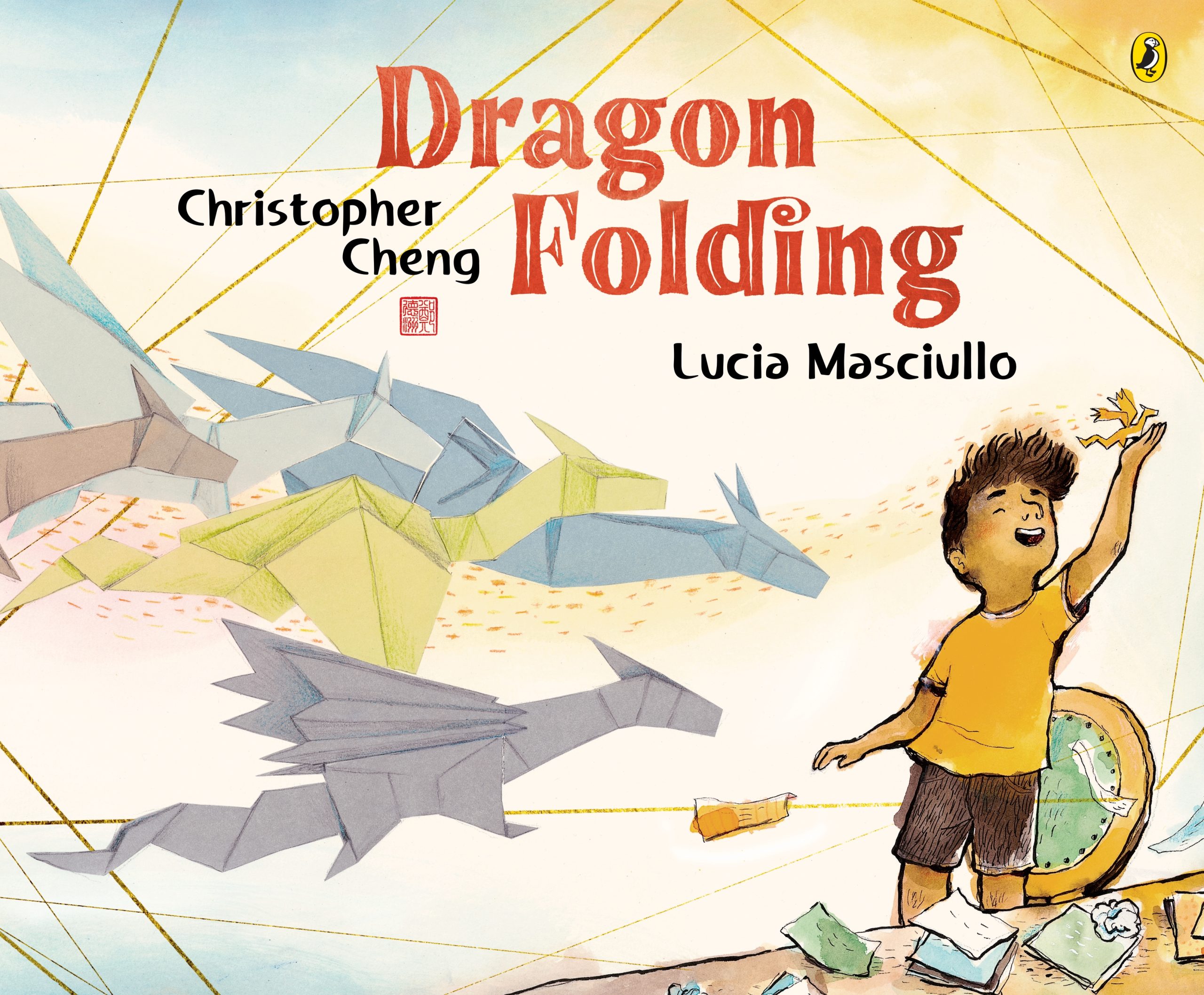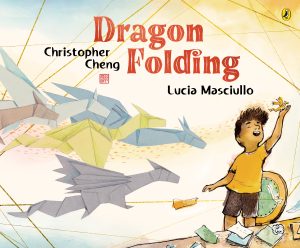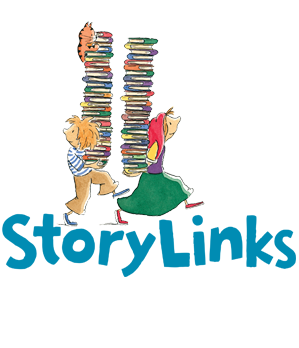




 Dragon Folding is a quiet picture book about community support and intergenerational learning. It sees both Christopher Cheng and Lucia Masciullo, who last worked together on The Imagineer (2022), playing to their strengths – touching, character-driven storytelling with detailed, cleverly designed spreads. Themes include grief and loss, ageing and depression, but the focus on creativity as a support tool makes this visually interesting and gentle enough for very young readers.
Dragon Folding is a quiet picture book about community support and intergenerational learning. It sees both Christopher Cheng and Lucia Masciullo, who last worked together on The Imagineer (2022), playing to their strengths – touching, character-driven storytelling with detailed, cleverly designed spreads. Themes include grief and loss, ageing and depression, but the focus on creativity as a support tool makes this visually interesting and gentle enough for very young readers.Error: Contact form not found.
